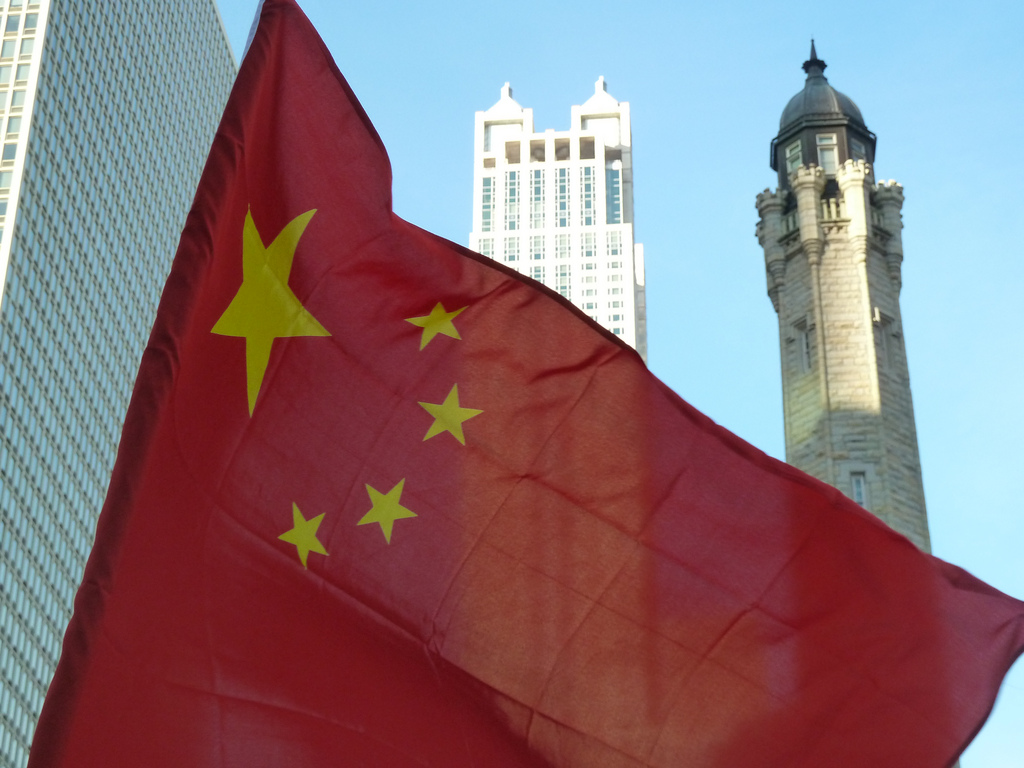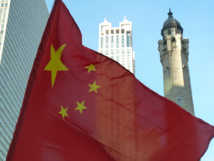Chinese Premier Li Keqiang of the State Council said on Thursday that the Chinese authorities intend to reduce taxes in order to stimulate economic growth. Besides that, the government is aiming to help the Chinese economy to get through the shift from industrial production towards consumption and services. This is what Li Keqiang said in a speech at the Asian Economic Forum, which takes place in the city of Boao on the Chinese island of Hainan. Already this year, the taxes can be reduced by ¥ 500 billion ($ 76.8 billion). In addition, the Chinese authorities are going to simplify some bureaucratic formalities for the companies.
According to Li Keqiang, these reforms haven’t been tried in the country yet, so the authorities may face with some difficulties when enforcing the new plan. "This is an important step in the implementation of structural reforms. We have a good potential for development and a high degree of stability,"- he said. According to him, China is seeking liberalization of its economy and more foreign investment, primarily in the service sector. The Prime Minister said that the aim of the Chinese government is to maintain economic growth of at least 6.5% per year in the period to 2020. According to Li Keqiang, the Chinese authorities do not intend to devalue renminbi, although this would stimulate exports and make Chinese companies more competitive in the global market.
The decision to lower taxes for companies was adopted against background of the Chinese economy’s slowdown. One of the Chinese authorities’ goals is to help the economy switch from manufacturing to services. In late February, Minister of Human Resources and Social Security of China Yin Weimin, said that China will cut 1.8 million workers (about 15%) in the steel and coal industries to cope with the excess of raw materials. The coal mining industry enterprises are laying off 500 thousand people; the steel industry business will get rid of 1.3 million people. 100 billion yuan ($ 15.4 billion) in total will be allocated for their employment and aid.
In March, the Chinese government adopted a new five-year plan to determine the country's course during the major restructuring. In 2015, the economy grew by 6.9% - the lowest figure in the last 25 years. Since June, China's stock market has been periodically shaking. One of the most significant convulsion happened in the first weeks of the new year, absorbing $ 2.5 trillion. Despite the weak link between the Chinese stock market and the real economy, it caused panic around the world and fall of indices in the US, Japan and Europe.
When completing the NPC session, Chinese Premier Li Keqiang said that the economic model based on state investment and exports to developed countries is not viable. "The economy is suffering, because the state takes on impossible task," - he believes. It is already clear that the state’s deliverance from the burden of loss-making, the so-called Soviet-style zombie companies will be extremely painful. For example, when the NPC delegates held their session in Beijing, Heilongjiang province was shaken by thousands of protests of Longmay Mining’s miners. They carried placards "We want to live, we want to eat."
source: wsj.com
According to Li Keqiang, these reforms haven’t been tried in the country yet, so the authorities may face with some difficulties when enforcing the new plan. "This is an important step in the implementation of structural reforms. We have a good potential for development and a high degree of stability,"- he said. According to him, China is seeking liberalization of its economy and more foreign investment, primarily in the service sector. The Prime Minister said that the aim of the Chinese government is to maintain economic growth of at least 6.5% per year in the period to 2020. According to Li Keqiang, the Chinese authorities do not intend to devalue renminbi, although this would stimulate exports and make Chinese companies more competitive in the global market.
The decision to lower taxes for companies was adopted against background of the Chinese economy’s slowdown. One of the Chinese authorities’ goals is to help the economy switch from manufacturing to services. In late February, Minister of Human Resources and Social Security of China Yin Weimin, said that China will cut 1.8 million workers (about 15%) in the steel and coal industries to cope with the excess of raw materials. The coal mining industry enterprises are laying off 500 thousand people; the steel industry business will get rid of 1.3 million people. 100 billion yuan ($ 15.4 billion) in total will be allocated for their employment and aid.
In March, the Chinese government adopted a new five-year plan to determine the country's course during the major restructuring. In 2015, the economy grew by 6.9% - the lowest figure in the last 25 years. Since June, China's stock market has been periodically shaking. One of the most significant convulsion happened in the first weeks of the new year, absorbing $ 2.5 trillion. Despite the weak link between the Chinese stock market and the real economy, it caused panic around the world and fall of indices in the US, Japan and Europe.
When completing the NPC session, Chinese Premier Li Keqiang said that the economic model based on state investment and exports to developed countries is not viable. "The economy is suffering, because the state takes on impossible task," - he believes. It is already clear that the state’s deliverance from the burden of loss-making, the so-called Soviet-style zombie companies will be extremely painful. For example, when the NPC delegates held their session in Beijing, Heilongjiang province was shaken by thousands of protests of Longmay Mining’s miners. They carried placards "We want to live, we want to eat."
source: wsj.com



















